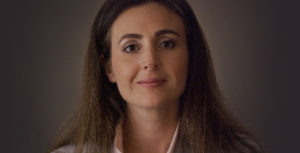Project Overview
As an ambitious high-school junior preparing for college, Yasmine Arrington found no financial aid programs for students like her, with a father in prison since she was a toddler. Her initiative, ScholarCHIPS, offers financial support, mentoring, and group workshops to recipients in the Washington, D.C. area who are among the millions of children in the United States with incarcerated parents. To address the financial and mental-health impacts upon these children, ScholarCHIPS seeks not simply to provide tuition, but a full-fledged support network, something Arrington knew was essential to her success. Over the past five years, ScholarCHIPS has awarded more than $150,000 to support scholars, but more importantly, has evolved the scope of the program in response to student needs. To address an “experience gap” among disadvantaged students, for example, the program includes an emerging culture component using theater and art to boost student achievement. Other workshops offer critical skills in time management, study habits, and sexual health. To further ease the path through college, students receive a scholarship and book award each year without having to reapply, as long as they maintain a minimum 2.5 GPA. Through its tailored approach to mentorship, ScholarCHIPS ultimately seeks to tackle the most sobering statistic concerning children of incarcerated parents—70 percent will one day be imprisoned themselves—by breaking the cycle of intergenerational incarceration.
Five Questions
Learn more about this project
Meet our other 2015 awardees
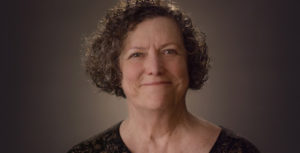
New York
A model for activating human capital in rural places, this “living museum of contemporary rural life” has helped inventive rural residents ignite a fresh sense of cultural and economic opportunity.
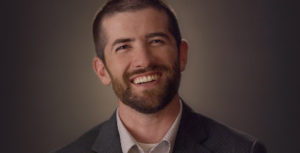
Washington State
Through a unique blend of peer mentoring, community farming, and “dirt therapy,” Growing Veterans uses sustainable agriculture as a catalyst for ending veteran isolation.
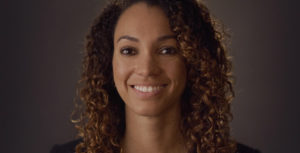
California
This peer-support program’s “healing to advocacy” agenda empowers women with incarcerated loved ones to push for social and policy reform, while boosting their economic resilience.
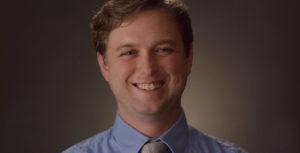
West Virginia
Tackling the economic, cultural, and environmental distress of West Virginia’s collapsing coal economy, Reclaim Appalachia creates new economic opportunities rooted in a vibrant spirit of place.

California
Bringing local fish into schools proves a powerful way to cultivate the next generation of ocean stewards, while promoting sustainable seafood and supporting a community’s fishing industry.
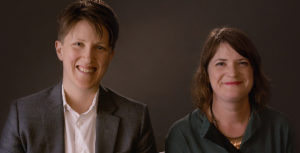
New York and North Carolina
To advance worker well-being, Coworker.org harnesses online tools to advocate for freelancers, independent contractors, and others in today’s gig-based workforce.
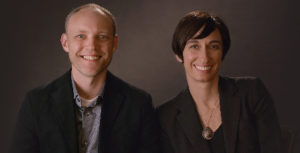
Elizabeth Monoian &Robert Ferry
Washington State
A series of large-scale public art installations seeks to transform unloved clean-energy infrastructure into wildly inspiring cultural and economic assets.

New York
A global network of tech-enabled partners uses advanced production tools to deliver life-changing prosthetic hands and arms to those who need them most.

 Learn More
Learn More